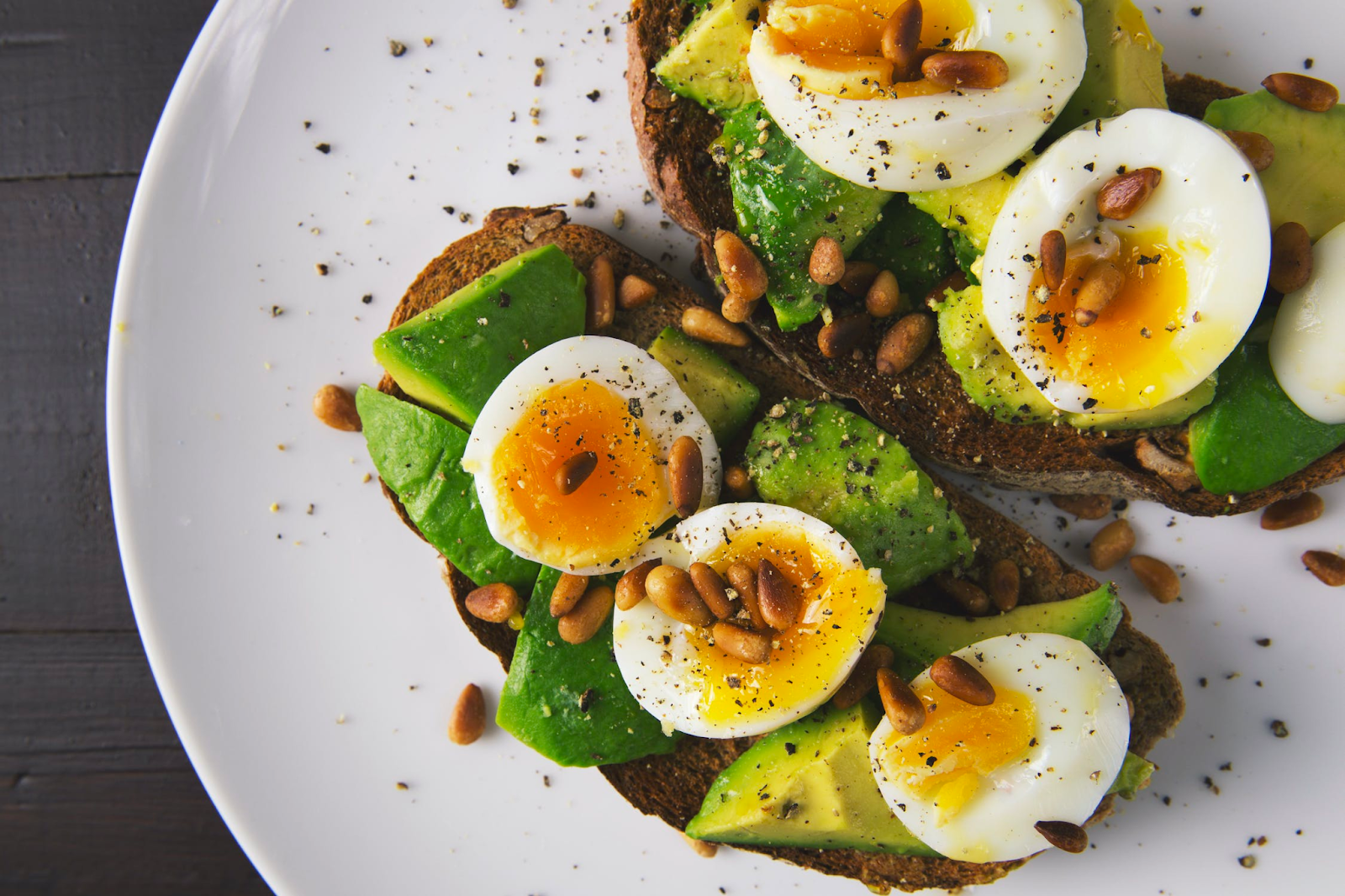Your diet is quintessential when it comes to your overall health and well-being. Although many people know about heart-healthy and low-calorie foods, many people are ignorant of the fact that your diet is responsible for the health and well-being of every single part of your body. Your skin, your eyes, your brain, your lungs and your mouth are all affected by your diet, and you could see a decline in your health by not eating foods that support these body parts.
There are many benefits to eating a diet that is rich in all the vital vitamins and minerals your body needs to function well. As well as eating a healthy diet, you should also take care to exercise every day for your health and well-being. Combining a mix of a good diet and exercise with fitness equipment can also help you remain a healthy weight, which is essential for maintaining a healthy lifestyle. Each food has something different to offer your body, so it’s good to eat a rich variety of foods to optimise your health. Here are all the best ways you can fully optimise your diet to fulfil the health of your whole body.
Heart
Eating plenty of heart-healthy foods is a great way to improve your health, as your heart is perhaps the most crucial organ in your body. Many foods are great for your heart, but in particular, foods that are high in protein are great for supporting heart strength. Protein-rich foods include lean meats, fatty fish, eggs, nuts and seeds. You should also make sure to eat plenty of fruits and vegetables, as they are rich in vitamins that promote tissue growth, strengthening your heart. Foods high in sodium can agitate and stress your heart, so make sure to avoid these in your diet.
Liver
Your liver function is particularly important for your overall health, as it acts as the master filter for toxins and harmful substances that could enter your body. It is also responsible for balancing our hormones, which is very important for our overall health. One of the best ingredients that help support our liver is sulfur, which is found in foods such as onions, garlic, bitter greens and lemons. Drinking lemon water is great for your liver, as the citric acid enhances liver function. Additionally, you should make sure you stay hydrated to promote liver health.
Colon
The colon is the final part of the body’s digestion system and removes waste products from the body. Your body needs to remove waste products in order to function properly, and your immune system is directly affected by your colon health. Foods that are high in fibre are amazing for strengthening your colon, so eating lots of whole-grain foods and avocados is great for your colon. Make the switch from white bread to brown bread – white bread has little nutritional value. Probiotics are also great for your colon, such as yoghurt, kefir and kimchi.
Lungs
It may not seem obvious that foods can affect the health of your lungs, but multiple foods have been shown to improve lung function and health. Foods high in nitrates are amazing for lung function, because nitrates can optimise your oxygen intake. Beetroots and beet greens have a high amount of nitrates, so they’re amazing for your lungs. Carotenoids have powerful anti-oxidant and anti-inflammatory properties, helping your lungs fight off infection and disease. Carotenoids can be found in pumpkins, apricots and squash. You should also consider drinking more green tea if you’re concerned about lung health, as there is evidence to suggest green tea can help prevent pulmonary thrombosis.
Eyes
Have you ever heard the old wives’ tale that carrots can help you see in the dark? Well, there’s actually a lot of truth to it. Carrots contain a high quantity of two key antioxidants called lutein and beta-carotene, which help to protect your eyes. Eating a lot of carrots has been shown to prevent cataracts and ocular deterioration later in life! Leafy greens and sweet potatoes also contain high quantities of lutein and beta-carotene, so if you’re looking for a diet that protects your eyes, you should definitely eat more of these foods.
Teeth
Many foods can protect the health of your teeth. For example, the most obvious beneficial nutrient for your gums and teeth is calcium, which can be found in dairy products like milk, cheese and yoghurt. However, other foods are great for your teeth and gums, including whole-grain foods and leafy greens. In fact, a leading dentist in Solihull found that patients who ate brown bread over white bread needed significantly less treatment over the course of 10 years. This is because brown bread contains complex carbohydrates which are less likely to stick to the teeth. On the other hand, white bread can stick to the teeth and the simple carbohydrates in it turn into sugar, which causes cavities and decay.
